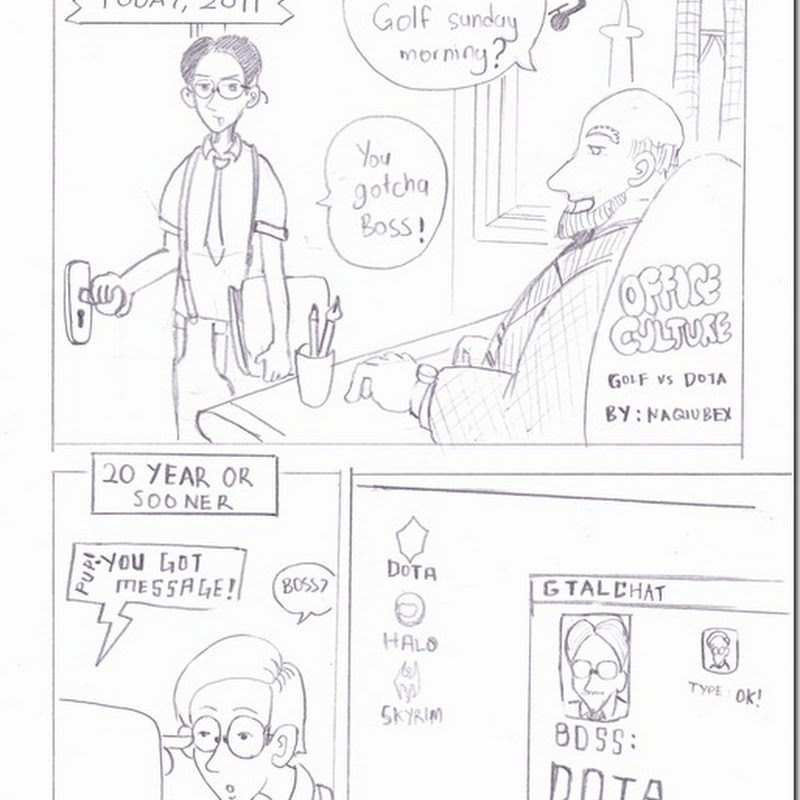 alahai malunye sy.... pabila bl0g ku y ntah pape diview org.. huhu..
alahai malunye sy.... pabila bl0g ku y ntah pape diview org.. huhu..
TERIMA KASIH, THANK Y0U, ARIGATO GOZAIMASU.. =)
jmput dtg lg.. ngeh3..
smalam sy surf tenet.. cari info2 pasal f00d safety management system (FSMS).. wlpn pade hkikatnye sy just akn balaja pasal hazard analysis and critical control point (HACCP), gud mnufacturing product (GMP), FSMS & Halal Food ms training nati, but i want to noe more b0ut how the chemistry field or chemist invoved in fud sfety.. term haccp n da geng tu pn sy tau ms view job y sy trime dr jobstreet.. haccp & da geng tu ada dlm rquirement & cm advantage unt chemist y keje kt fud industry...
surf2 & g00gle2.. then i found 1 website ni and ttarik... so i want t0 copy paste here.. (hehe.. suke2 die je wat gni...=p biar la)..
original website: american chemical society
Food chemistry focuses on the chemistry of foods, their deterioration, and the principles underlying the improvement of foods for consumers. It applies chemistry to developing, processing, packaging, preserving, storing, and distributing foods and beverages to obtain safe, economical, and aesthetically pleasing food supplies.
Few people recognize the science behind the food they consume. While food science involves chemistry, biology, physics, biochemistry, microbiology, nutrition, and engineering, the major portion of a food science curriculum is chemistry. Food chemists develop and improve foods and beverages; analyze methods of heat processing, canning, freezing, and packaging; and study the effects of processing on the appearance, taste, aroma, freshness, and vitamin and mineral content of food. These chemists also test samples to make sure foods and beverages meet food laws and labeling requirements and experiment with new foods, additives, and preservatives. Food chemistry encompasses everything from agricultural raw materials to consumer end-use products.
~Understand the Science of Food~
Consider a pudding that would be sold in the refrigerated section of the supermarket. To make it, you begin with milk, which provides liquid and protein. Then you add starch to thicken the formulation. As starch expands, it traps liquids to help create the pudding texture. But after two or three days, the expanded starch molecules start coming back together and the starch leaks water, which, for a consumer product, is undesirable. Thus, food chemists use chemically modified starches to prevent this from happening.
Strong food science students are those with a solid background in chemistry and related disciplines. Many people get an undergraduate degree in chemistry or chemical engineering and a master's in food science. A Ph.D. is necessary mainly if you are interested in teaching or detailed research. Training as a food scientist prepares you to work in almost any area of the food business. The cumulative knowledge gained working with a range of food chemistries can even lead to breakthroughs and entirely new products.
~Work Description~
Food scientists are mainly concerned with the chemistry of food products. In basic research, they examine properties of proteins, fats, starches, and carbohydrates, as well as microcomponents such as additives and flavorants, to determine how each works in a food system. In applications research, they often come up with new ways to use ingredients or new ingredients altogether, such as fat or sugar replacements. Flavor chemists use natural or artificial ingredients, sometimes in combination, to develop flavors.
~Work Conditions~
Most food scientists conduct their work in the lab, but they may travel to work with customers. Labs are often set up like kitchens, with blenders, ovens, and other heat-processing equipment. This means food scientists do many things the same way we do when preparing food at home, but their goal is understanding the chemistry involved. Food scientists often say their work is not a nine-to-five job and requires the same dedication as any other creative research field.

















eh..
ReplyDeleteko belajar berkaitan makanan ek?
boleh jadi saintis atau product controller ni
hehe
x.. blaja kimia tp mybe akn terjun dlm bdg fud.. g0d willing.. fud chemistry..
ReplyDeletestil dunno.. (T___T) huhu..